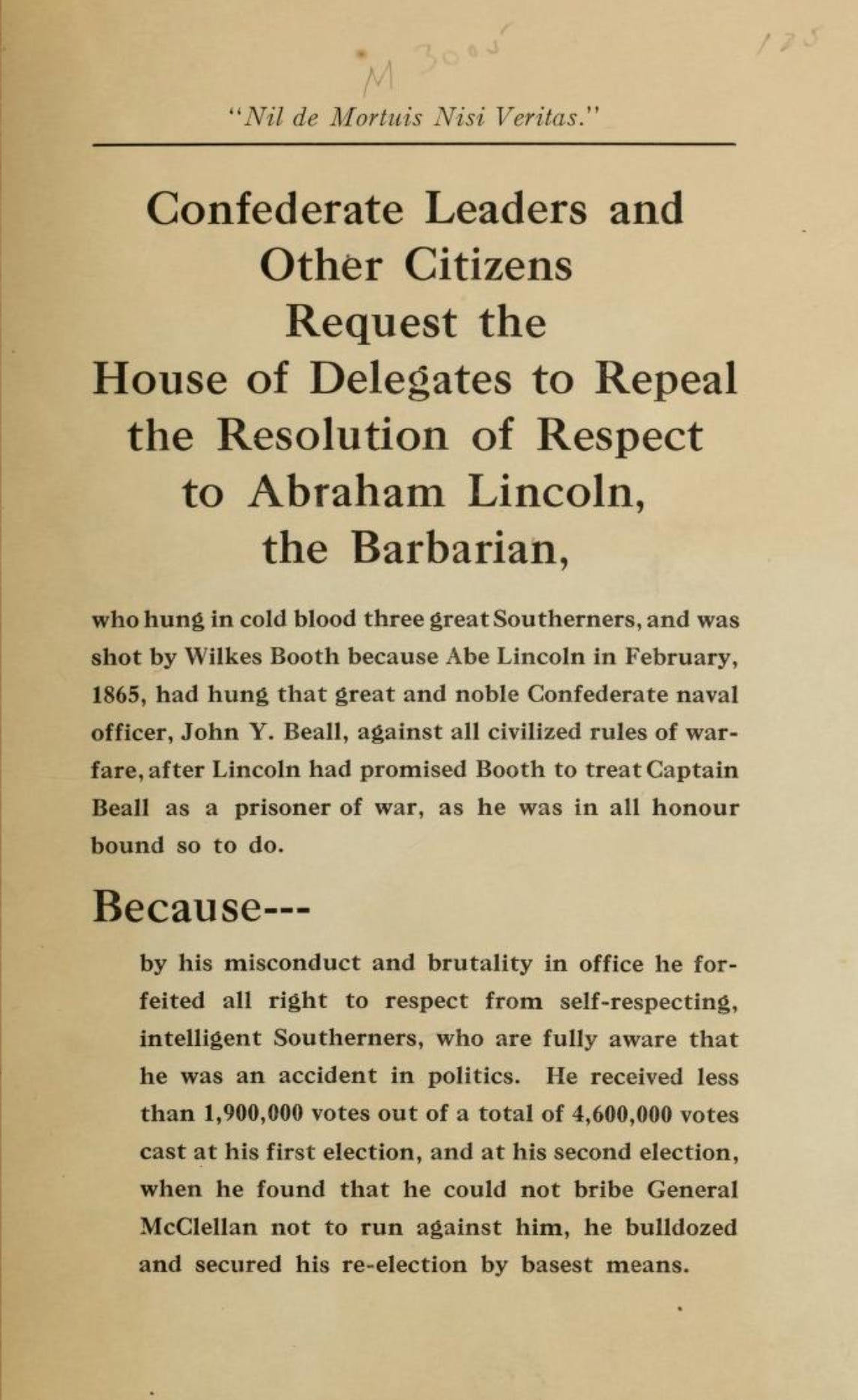Grape & Canister
In the News
Virginia governor Glenn Youngkin appointed a historian, who has defended Confederate monuments, to the state Board of Historic Resources. Ann Hunter McLean makes some questionable claims about the history and memory of these monuments as reported in this piece, but her dissertation on the subject, which she completed at the University of Virginia, looks to be worth reading.
Earlier this past week a statue of Mary McLeod Bethune was dedicated in Statuary Hall in the U.S. Capitol Building. It replaces a statue of Confederate general Edmund Kirby Smith.
The Fairfax City (VA) Council voted to remane fourteen streets and highways that honor Confederate leaders.
Legislation has once again been introduced to end Arlington House’s “Robert E. Lee Memorial” designation. This is the plantation home maintained by the National Park Service on the grounds of Arlington National Cemetery overlooking D.C.
I look forward to visiting Arlington House next week to see the NPS’s new interpretation of the home, Lee’s time there, and especially the history of slavery.
Document of the Week
In 1928 former Confederates and others objected to a resolution passed by the Virginia House of Delegates recognizing Abraham Lincoln’s birthday. The letters contained in this pamphlet are a reminder that reunion and reconciliation was always shaky and never completely dominated the nation’s collective memory of the war.
Around the Web
Historian Gary Gallagher offers a measured response to the question of whether the United States is on the verge of another civil war.
No political issue in 2022 approaches slavery in terms of potential explosiveness, which bodes well for the long-term stability of the republic. More broadly, to compare anything that has transpired in the past few years to the political, military, and social upheavals of the mid-19th century represents a spectacular lack of understanding about American history that is potentially destructive to current political discourse.
Perhaps we should be asking a different question.
New to the Civil War Memory Library
I’ve been reading quite a bit this week about Maj. Gen Francis Channing Barlow. He was friends with Robert Gould Shaw. In fact, Barlow tutored Shaw before entering Harvard after returning home from Europe in 1855. Both men were forced to learn the art of command on the fly and they shared similar ideas about the importance of maintaining strict discipline.
Christian G. Samito ed., “Fear Was Not in Him”: The Civil War Letters of Major General Francis C. Barlow, U.S.A. (Fordham University Press, 2004).
Richard F. Welch, The Boy General: The Life and Careers of Francis Channing Barlow (Kent State University Press, 2003).
The biography is OK, but his letters are incredibly rich and worth reading. Historian Joan Waugh is currently working on a biography of Barlow, which I very much look forward to reading.
Video
History of Confederate Monuments on the South Carolina State Grounds (Presentation by Lydia Brandt)
Historian Michael Burlingame discusses Abraham Lincoln’s relationship with African Americans
Headed to D.C.
As I mentioned before, I will be in D.C. all next week helping out with a teacher development workshop on Reconstruction and Civil War memory. To say that I am looking forward to it would be the understatement of the year. This will be my first in-person teacher workshop since the start of the pandemic. It’s going to be a busy and exhausting week, but I will do my best to share some thoughts about the experience.



Ann Hunter McLean apparently is a David Barton fan. Also, Jefferson was a Christian who "loved" his "laborers." Good grief. https://tinyurl.com/2p88jh7u
Kevin, great stuff as always. I envy your trip to DC, and wish you and your colleagues a great time of learning and fellowship.
Re: the Washington Post article.
First, I agree so strongly with Del. Bagby. “Del. Lamont Bagby (D-Henrico), the head of the Virginia Legislative Black Caucus, said McLean’s appointment showed Youngkin’s ‘callous attitude toward Black history in Virginia and the lingering effects of institutional racism.’ Via text message, Bagby said Youngkin seems intent on ‘erasing our voices, images, and pain without flinching. He must believe that no one is paying attention to his appointments or he’s just that brazen to repeatedly thumb his nose at us.’”
Second, I had hoped the base of the REL statue would be left as a reminder of all the progress Richmonders made in the peaceful protests of the summer of 2021. But now I’m glad that Youngkin and Ann Hunter McLean will not be able to use it to resurrect the statue. It worries me that McClean “is particularly interested in overseeing the language on state historical markers.” That program has made great progress in honoring the history of Black Virginians, enslaved and free - what will happen to it now?
Third, I’m sad that WRVA has a broadcast host like John Reid. “After Reid complained that the movement to take down statues was being driven by ‘vehement hatred’ toward people who lived 50 to 100 years ago, McLean said she agreed ‘completely — spot on.’” Growing up, WRVA was known as “The Voice of Virginia,” with the strongest AM signal in the state. Evidently it is now the voice of only part of my beloved Commonwealth.
Last, get out and VOTE, Y’ALL!! Make sure you’re registered and vote in every election from dog catcher on up. I’ve been voting since 1972 and I’ve never been so fearful for our constitutional republic. If we’re not headed for another civil war, as you said, Kevin, “Perhaps we should be asking a different question.”